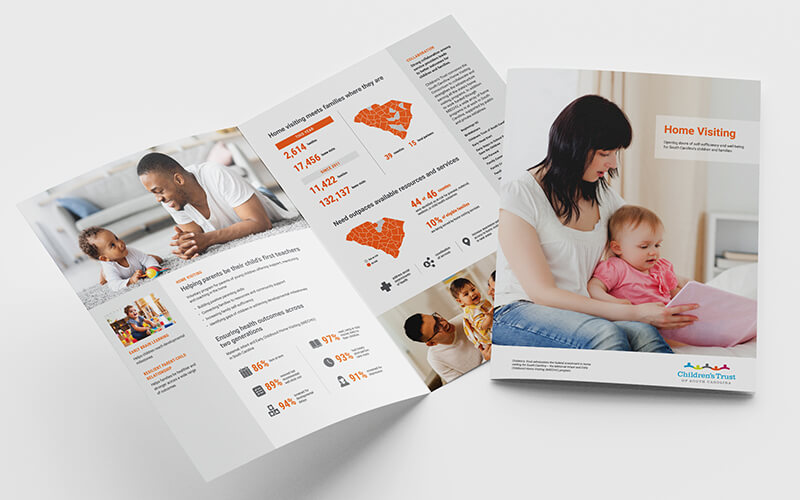Children’s Trust of South Carolina will continue administering federal funding for home visiting across the state with the passage of the Jackie Walorski Maternal and Child Home Visiting Reauthorization Act on December 23, 2022, as part of the Congressional year-end funding package.
The act reauthorized the Maternal Infant Early Childhood Home Visiting (MIECHV) Program for five more years with its first-ever funding increase, doubling the federal investment in the program over the next five years.
The MIECHV Program has been foundational for states, including South Carolina, to build and scale their home visiting systems. The funding will be used to continue serving families in person and virtually, and to support home visiting workforce development and retention.
Children’s Trust of South Carolina has acted as the state’s lead agency for the federal program since 2010, working in partnership with 15 implementing agencies across the state to deliver three evidence-based home visiting models—Healthy Families America, Nurse-Family Partnership, and Parents as Teachers.
These voluntary program models serve mothers and young children by providing them with important support and resources. Local home visiting programs pair families with child-serving professionals, and through regular home visits, parents receive practical postpartum support and learn how to improve their family’s health. Last year, Children’s Trust helped sites serve 2,614 families through 17,456 home visits.
Throughout 2022, Children’s Trust joined organizations across the country urging congress to support the reauthorization of this program and bump funding for home visiting in the state.

Home visiting in South Carolina
Children’s Trust recently published a 2022 report detailing the impact of home visiting in our state.
Some highlights include:
- 2,614 families received 17,456 home visits
- 86% of babies born at term
- 93% of families had timely post-partum care visits
- 97% of parents read, sang or told stories daily to their children




